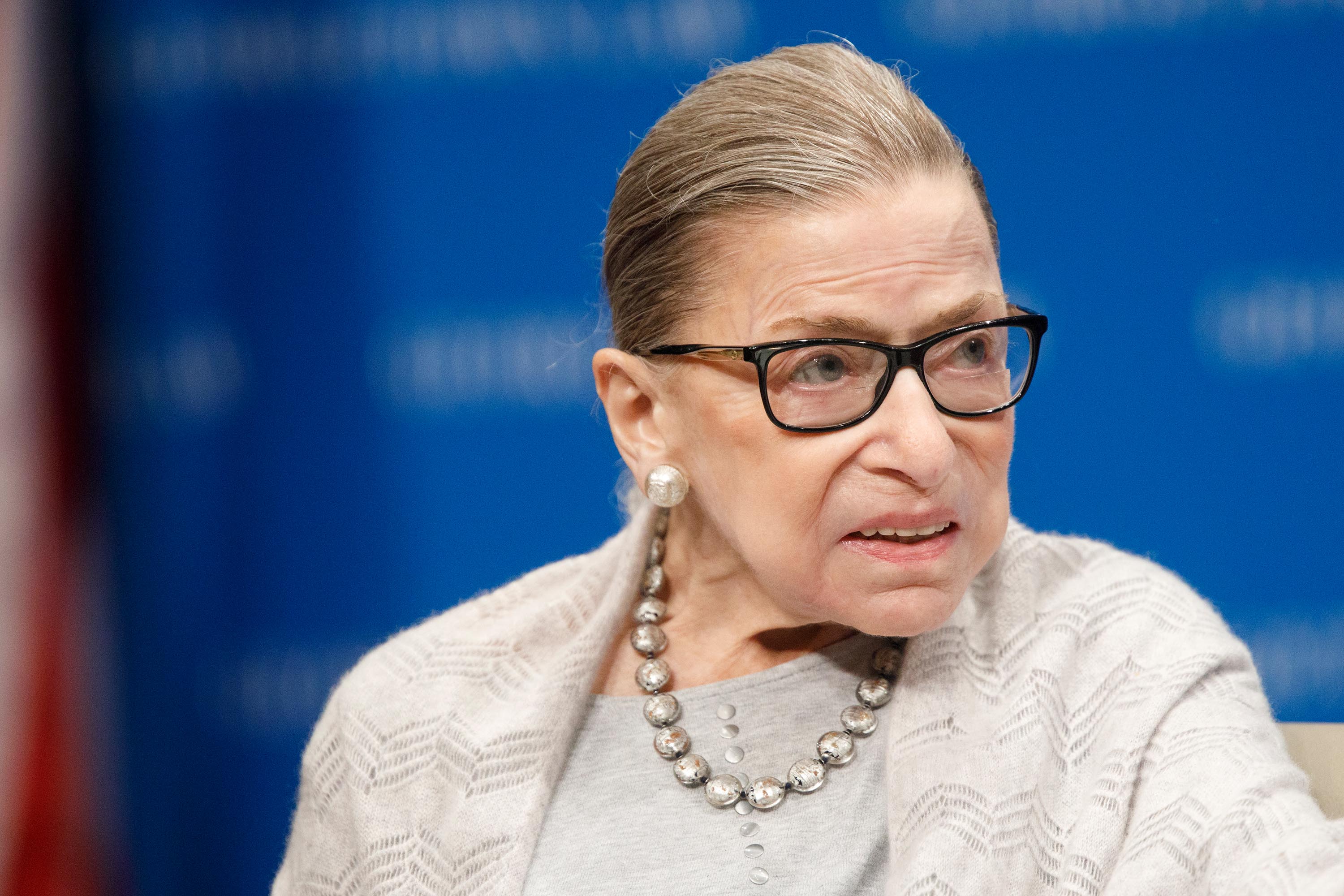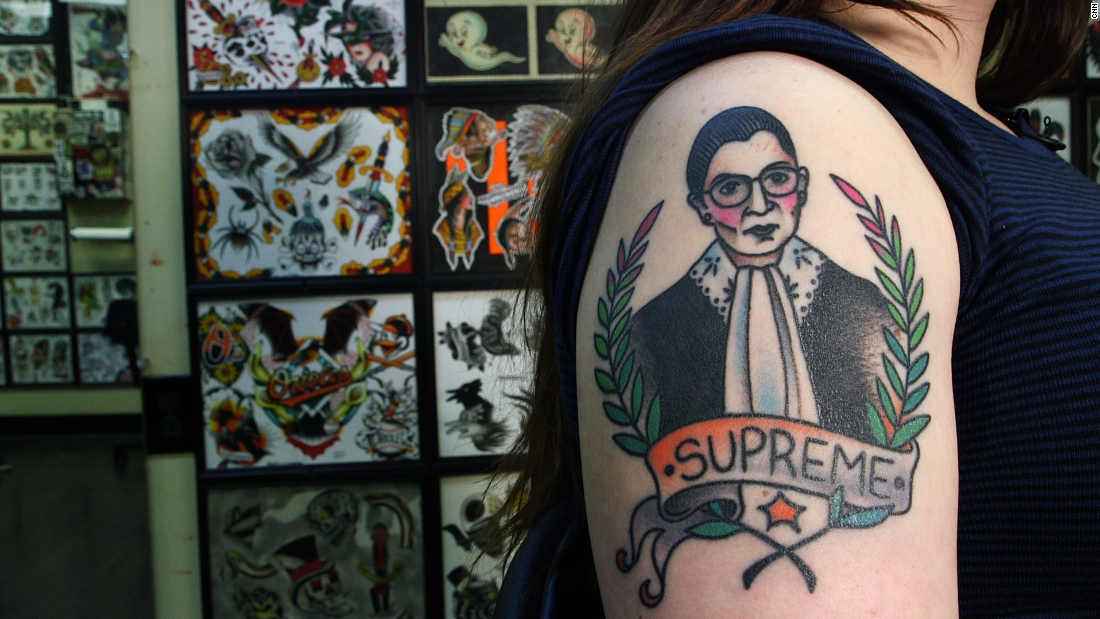‘Notorious RBG’ co-author explains Ginsburg’s “superhero status in American culture”

For young women, Justice Ruth Bader Ginsburg was a role model who demonstrated what‘s possible for them.
Seeing a woman on the Supreme Court was inspirational, and that representation matters, said 20-year-old Eve Levenson, a junior at George Washington University in Washington, DC.
Levenson met Justice Ginsburg during her first week of college, she told CNN.
“After [Ginsburg] finished her remarks to the group, I immediately raised my hand to ask a question: ‘What is your advice to women entering male dominated fields?’ Her answer was succinct and powerful: ‘Patience and persistence,’” Levenson said.
“RBG was one of the main reasons I grew up believing that despite what anybody said about my religion, ethnicity, or gender that I could do anything I set my mind to,” Levenson, who is Jewish, added. “Seeing yourself represented in the highest court of the land is a powerful image.”
Kimberly Collins, a 20-year-old Black woman, is a member of Scales of Justice Academy, a program which exposes underserved girls to the legal profession, she said.
According to Collins, the most profound lesson Ginsburg taught her, “is that the fight for equity and justice is worth every single obstacle and setback,” she said.
“As a woman of color, it was not normal for me to connect or receive this kind of inspiration from the few women that had national platforms,” Collins told CNN. “Yet, I connected with RBG. With her it was different. I knew she was fighting for me.”
Ritika Iyer, a 20-year-old Hindu Indian woman, spoke to Ginsburg’s legacy of dissent.
“RBG taught me that it’s ok to disagree and be vocal about it. As a women, I sometimes tend to not want to rock the boat. But the way she would vehemently dissent and refuse to put up with the status quo inspired me to be more vocal about my opinions,” she said.
![]()


